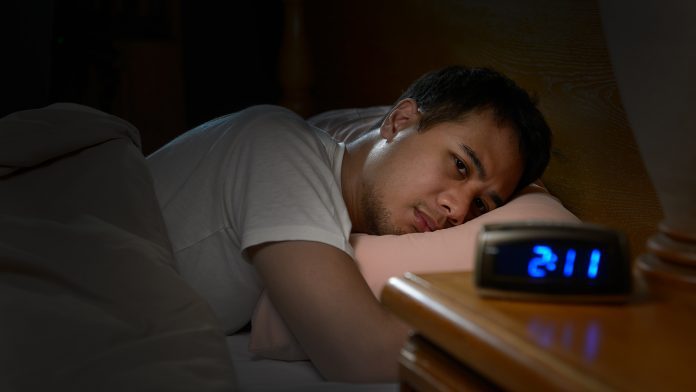
A new study has found that poor quality sleep may be linked to a heightened risk of glaucoma, an irreversible sight loss condition.
Poor quality sleep, which includes too much or too little, daytime sleepiness, and snoring, potentially could have a profound effect on eye health. The latest findings emphasise the need for sleep therapy in people at a high risk of the disease and eye checks in those with chronic sleep disorders to check for early signs of glaucoma.
Glaucoma is a common eye condition, caused by fluid build-up in the front part of the eye. It could lead to vision loss if it’s not diagnosed and treated early, and it is more common in adults in their 70s and 80s. The researchers noted that population screening may not be cost-effective; however, targeted screening of high-risk groups could be effective.
The large UK Biobank study was published in the open-access journal BMJ Open.
The risk of glaucoma in people with poor-quality sleep
To explore the link between glaucoma and poor quality sleep, the researchers studied 409,053 participants in the UK Biobank. All the participants were aged between 40 and 69 in 2006-10 when recruited and provided all details of their sleep.
Sleep duration was defined as normal (seven to nine hours a day), and as little or too much was outside of this range. Chronotype was defined according to whether the person described themselves as more of a morning lark or night owl. Furthermore, insomnia severity was classified as never/sometimes or usually, whereas subjective daytime sleepiness was categorised as never/rarely, sometimes, or frequent.
The researchers retrieved background information on potentially influential factors such as age, sex, race/ethnicity, educational attainment, lifestyle, weight (BMI) and residential area level of deprivation. They always used medical records and death registration data to track the health and survival of all participants until the first diagnosis of glaucoma, death, emigration, or the end of the monitoring period,
During the monitoring period, 8690 cases of glaucoma were found.
The researchers found a surprising link
The researchers found that those with glaucoma tended to be older and more likely to be male, an ever smokers, and to have higher blood pressure or diabetes than those who were not diagnosed with the disease. Except for chronotype, the other four sleep patterns associated with poor sleep quality were linked to some form of glaucoma risk.
Short or long sleep duration was associated with an 8% heightened risk; insomnia 12%; snoring 4%; and frequent daytime sleepiness (20%). When compared to those with healthy sleep patterns, snorers and those who experience daytime sleepiness were 10% more likely to have glaucoma, whilst insomniacs and those with short/long sleep duration patterns were 13% more likely to have it.
The results were similar when categorised by different types of glaucoma.
The study is observational, therefore, cannot establish cause. The study relied on self-reported data and only reflected one point in time. There could be potential biological explanations for the associations between poor sleep quality and glaucomas, such as depression and anxiety, deregulated cortisol productions and sleep apnoea.
























